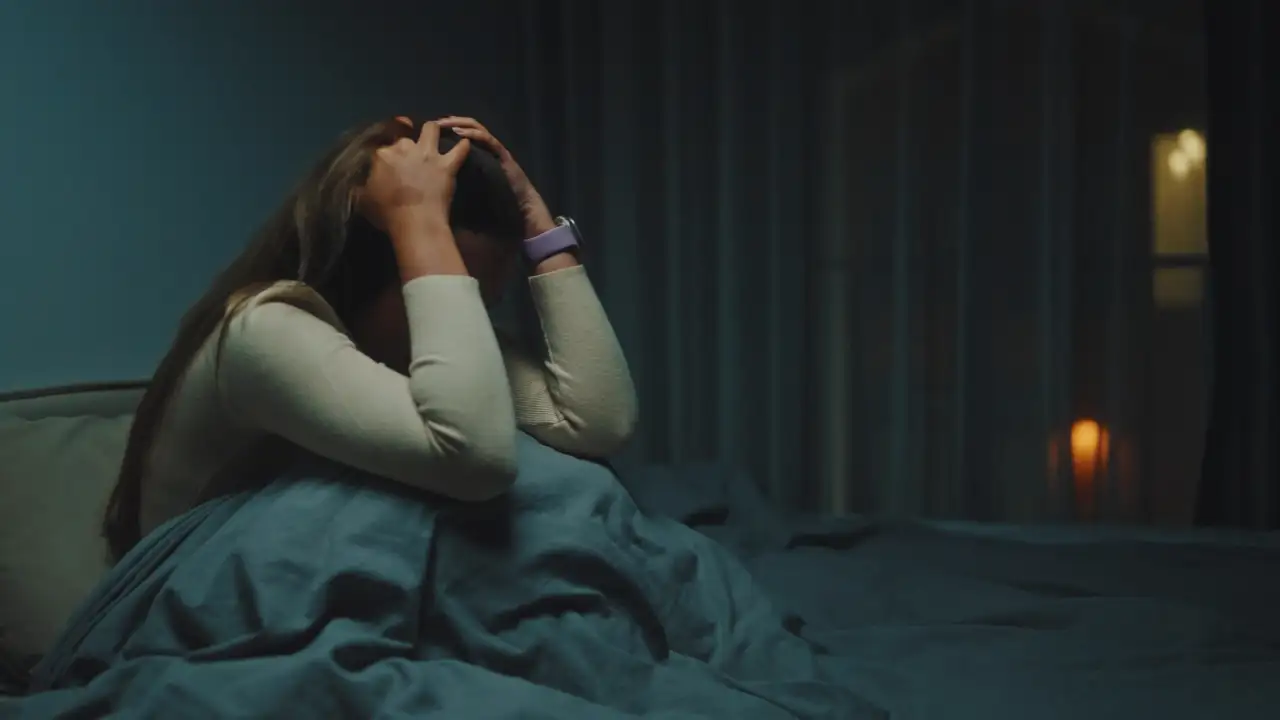Double depression is a condition where someone with chronic depressive disorder, or dysthymia, also experiences episodes of major depressive disorder. It means experiencing long-term, low-grade depression that intensifies into severe depression at times. People with double depression feel sad, hopeless, and tired for years, and the periodic severe depressive episode complicates their life. Low energy, difficulty concentrating, appetite changes, sleep disturbance, and worthlessness are frequent symptoms.
The reason is not exactly known, but genetics, brain chemistry, and traumatic life experiences play a part in it. Treatment involves therapy, medications like antidepressants, and lifestyle modification. Early diagnosis is necessary to manage symptoms well and prevent complications in the long term.
We turn to an expert to understand its causes and symptoms and know whether it can be treated and how.
Causes and Symptoms
Double depression, according to Dr Rahul Chandhok, Artemis Lite NFC, New Delhi, is when one already has persistent depressive disorder (PDD), or dysthymia, and then develops a major depressive episode on top of it.
He says that several factors can trigger this disorder. “Genetics play a role in it; if there is a family history of depression, one will be at higher risk to develop it. Chemical imbalances in the brain, especially serotonin and dopamine, affect mood control. Chronic stress, trauma, or negative life events such as job loss, loss of a loved one, or relationship deterioration can also trigger depression,” Dr Chandhok says.
A sedentary lifestyle, no exercise, lack of proper diet, or substance abuse can also be the reason. Since PDD itself causes long-term low mood, he says, a depressive episode can more easily arise under the added burden of stress.
The double depression symptoms are a mix of persistent depressive disorder and major depressive disorder. “They may feel sad or hopeless most of the time, lack energy, and have difficulty concentrating. They experience sleep disturbances like insomnia or excessive sleeping. They may lose interest in activities they once enjoyed and experience changes in appetite, eating too much or too little. These feelings of guilt, worthlessness, or helplessness increase, and suicidal thoughts may arise in extreme situations,” Dr Chandhok explains.
Since the symptoms of PDD continue for decades, people may be unaware that their condition is worsening. “Medical help and therapy must be approached to manage the condition properly,” he warns.
Treatment
Double depression can be managed by therapy, medication, and changes in lifestyle. He explains that cognitive behavioural therapy can help people to become aware of negative thought patterns and develop healthier coping mechanisms. “Antidepressant medications can balance mood-altering chemicals in the brain. Physical exercise, healthy eating, and sufficient sleep can also help to heal,” he shares.
There is a need to build a strong support group of friends and family. In extreme cases, he says that intense therapy would be required. Since double depression involves long-term symptoms, ongoing treatment and follow-up visits with a doctor or therapist are necessary to allow for long-term improvement.
Get Latest News Live on Times Now along with Breaking News and Top Headlines from Health and around the world.
